The Origins of Rap Culture in Chicago
Chicago, a city synonymous with deep-rooted musical traditions, is a potent force in the American hip-hop landscape. The evolution of rap culture in Chicago is complex, shaped by socio-economic factors, cultural influences, and iconic artists. From the gritty urban backdrop that inspired its genesis to the socially charged narratives that define its contemporary forms, the city’s rap culture provides a rich tapestry worth exploring.
Historical Context and Influences
The origins of rap culture in Chicago can be traced back to the broader context of African American musical traditions, particularly blues, jazz, and gospel music. The Windy City boasted a vibrant music scene, and by the 1980s, hip-hop began to make its mark. In stark contrast to the East Coast and West Coast scenes—characterized by their party-centric themes and flashy lifestyles—Chicago rap began to emerge with raw authenticity and introspective lyricism. This shift was primarily influenced by the socio-political landscape that shaped life in the city’s neighborhoods, marked by urban decay, systemic inequality, and violence.
Key Artists from the Early Days
In the late ’80s and early ’90s, several artists began to set the stage for Chicago’s rap scene. Notably, artists like Common and the early members of the Chicago scene, such as the pioneering group The Jungle Brothers, blended jazz and soul influences with potent lyrical narratives that reflected their lived experiences. Common, in particular, rose to prominence with his debut album, Can I Borrow a Dollar?, which showcased thoughtful themes juxtaposed with catchy hooks.
The Birth of Unique Subgenres
As Chicago’s rap scene evolved, it gave birth to unique subgenres that captured the essence of urban life. One of the most influential subgenres to emerge was “Chicagostyle”, characterized by its storytelling focus and often melancholy beats. Another noteworthy development was the rise of “juke” music in the early 2000s, which complemented the dance culture of the city and eventually paved the way for the drill scene. Juke reflected Chicago’s diverse musical heritage while voicing the struggles of its youth.
Defining Drill Music and Its Impact
Drill music emerged from the South Side of Chicago in the early 2010s, capturing national attention with its hypnotic beats and dark, gritty lyricism. This subgenre is a response to the realities faced by its artists, evolving from the streets that encapsulate both dreams and despair.
Understanding Drill Music as a Subgenre
Drill distinguishes itself through its aggressive beats and unapologetic lyrics that often delve into themes of violence, street life, and survival. Unlike previous genres, drill artists utilize their platforms as a means of expression and a form of documentation of their environment. With roots in trap music and its innovative soundscape, drill offers a harsh, real-time chronicle of life in Chicago’s neighborhoods, making it a significant cultural phenomenon.
Prominent Drill Artists in Chicago
Artists such as Chief Keef, King Von, and Lil Durk have become figureheads of the drill movement, each storyteller in their own right. Chief Keef’s breakout hit, “I Don’t Like”, catalyzed the genre’s rise, establishing its high-energy aesthetic and lyrical style. King Von, with his vivid storytelling, painted stark contrasts between life and death in his narratives, while Lil Durk provides a more contemporary twist, weaving in themes of love and loss amidst the backdrop of street life.
Cultural and Social Implications of Drill
Drill music’s rapid ascent has sparked discussions about the implications of its violent imagery and how it reflects the sociopolitical struggles faced by communities. While some critics argue that drill perpetuates violence, proponents contend that it is a form of artistic expression that embodies the challenges of marginalized populations. The genre has also played a pivotal role in shaping Chicago’s identity on the national stage, bringing to light the complexities of urban life and the resilience of its artists.
The Evolution of Chicago’s Hip-Hop Scene
Chicago’s hip-hop scene has witnessed significant transformations over the decades, making it a dynamic environment filled with creative energy and cultural shifts. This evolution is marked by pivotal milestones and influential collaborations that have redefined the landscape.
Milestones and Significant Movements
Throughout the 2000s, the scene flourished, fueled by the emergence of local collectives and innovative artists. The launch of the “Chicago Hip-Hop Heritage Museum” and various local festivals has empowered artists and celebrated the city’s unique contributions to the genre. Each decade has brought new waves of talent, from artists in the late ’90s like Rhymefest to the current generation of hip-hop acts making waves on global platforms.
Influential Collaborations and Crews
Collaborations have played a crucial role in fostering the growth of Chicago’s rap scene. The collective efforts of various artists and producers have birthed iconic tracks and an underground movement. Collaborations between traditional hip-hop artists and those from the drill scene have often resulted in groundbreaking music that transcends genre boundaries, ensuring an inclusive representation of the myriad voices in Chicago rap.
Current Trends in Chicago Rap
Today, Chicago’s rap culture is more diversified than ever. New trends reflect a blend of genres and incorporating elements from electronic music, R&B, and even rock. Emerging artists like Polo G and Juice WRLD (RIP) brought melodic elements to the forefront, appealing to a wider audience and emphasizing the emotional depth alongside the street narrative.
Chicago’s Influence on the Broader Rap Culture
Chicago’s rap culture has significantly impacted the national and global hip-hop scenes, establishing a rich legacy that continues to influence artists worldwide.
National Recognition of Chicago Artists
As the birthplace of numerous internationally acclaimed artists, Chicago has positioned itself as a powerhouse in the music industry. The rise of platforms like SoundCloud and social media has enabled Chicago’s rising stars to gain visibility and recognition beyond regional confines. The today-arrivals in hip-hop have continually looked to the city for inspiration, creating a virtuous cycle of influence.
Comparative Analysis with Other Cities
The comparison of Chicago’s rap scene to other significant cities, such as Atlanta or Los Angeles, highlights distinct narratives and stylistic approaches. While Atlanta thrives on commercial success and broad mainstream appeal, Chicago’s underground scene continues to emphasize authentic storytelling. This rawness offers a contrast that appeals to audiences seeking substance over spectacle.
Role of Social Media in Amplifying Chicago Rap
In the age of digital media, platforms such as YouTube and Instagram have played a monumental role in amplifying the voices of Chicago rappers. Social media provides not only a promotional avenue but also a space for community engagement, allowing artists to connect directly with their fans and build grassroots movements. Viral challenges and collaborations often lead to exponential growth in audience reach, fundamentally altering the dynamics of how music is consumed.
Exploring Chicago’s Rap Culture Today
Currently, Chicago’s rap culture is characterized by a fusion of the old and new, sustainability, and a thriving community dedicated to celebrating its rich musical heritage.
Key Festivals and Community Events
Chicago hosts an array of music festivals and events that showcase its hip-hop culture. Events like Lollapalooza and the Chicago Blues Festival have increasingly included hip-hop acts, reflecting the genre’s integral role in the city’s music scene. Local community events also play a critical role in nurturing upcoming talent, providing platforms for artists to perform and reach new audiences.
Institutional Support for Hip-Hop Heritage
Local institutions, including museums and cultural centers, like the “Chicago Hip Hop Heritage Museum”, actively promote the preservation of Chicago’s hip-hop legacy. These spaces provide education and resources for aspiring artists and historians alike, fostering appreciation for the genre’s historical context and ongoing evolution.
The Future of Rap Culture in Chicago
Looking ahead, the future of rap culture in Chicago appears promising, characterized by continued innovation and storytelling. With the rise of new technologies and platforms, artists will have new ways to express themselves and connect with audiences. Ensuring the legacy of authenticity while embracing change, Chicago’s rap culture will no doubt continue to shape narratives and influence future generations.
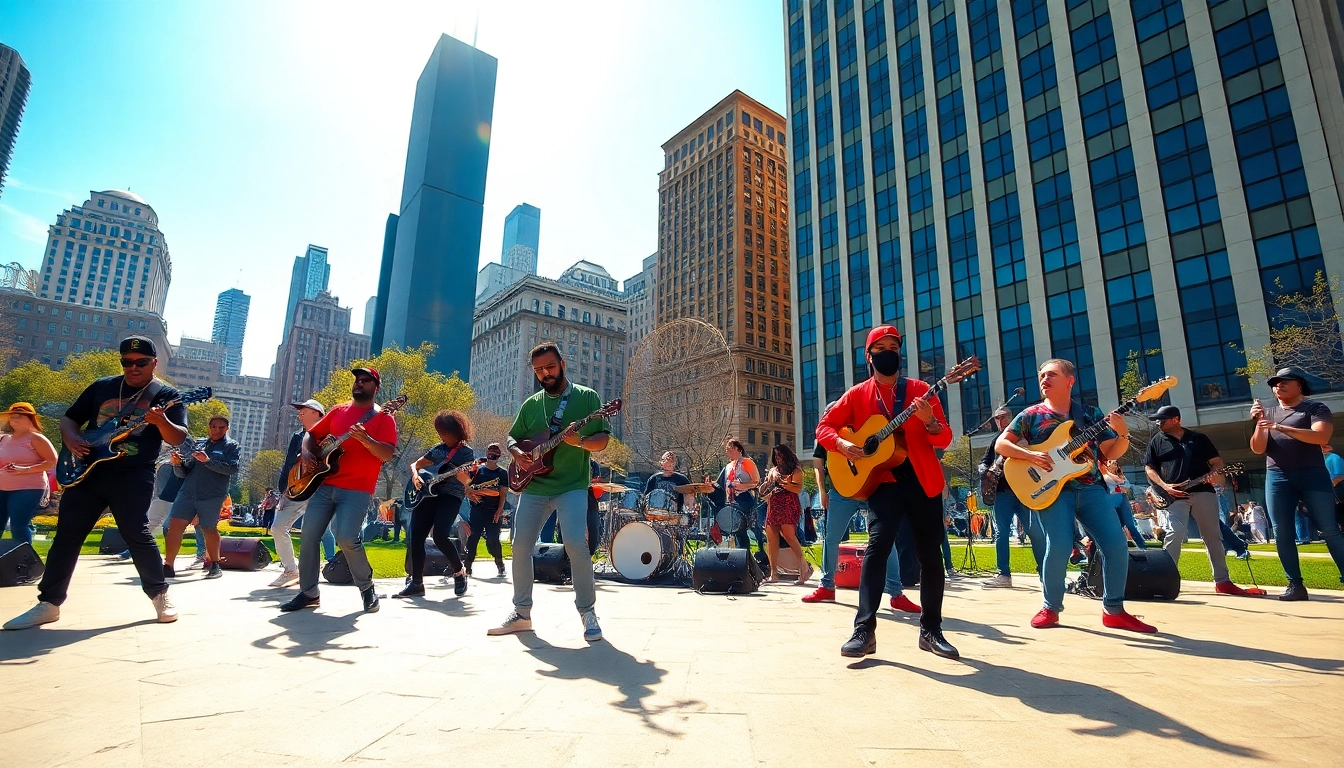
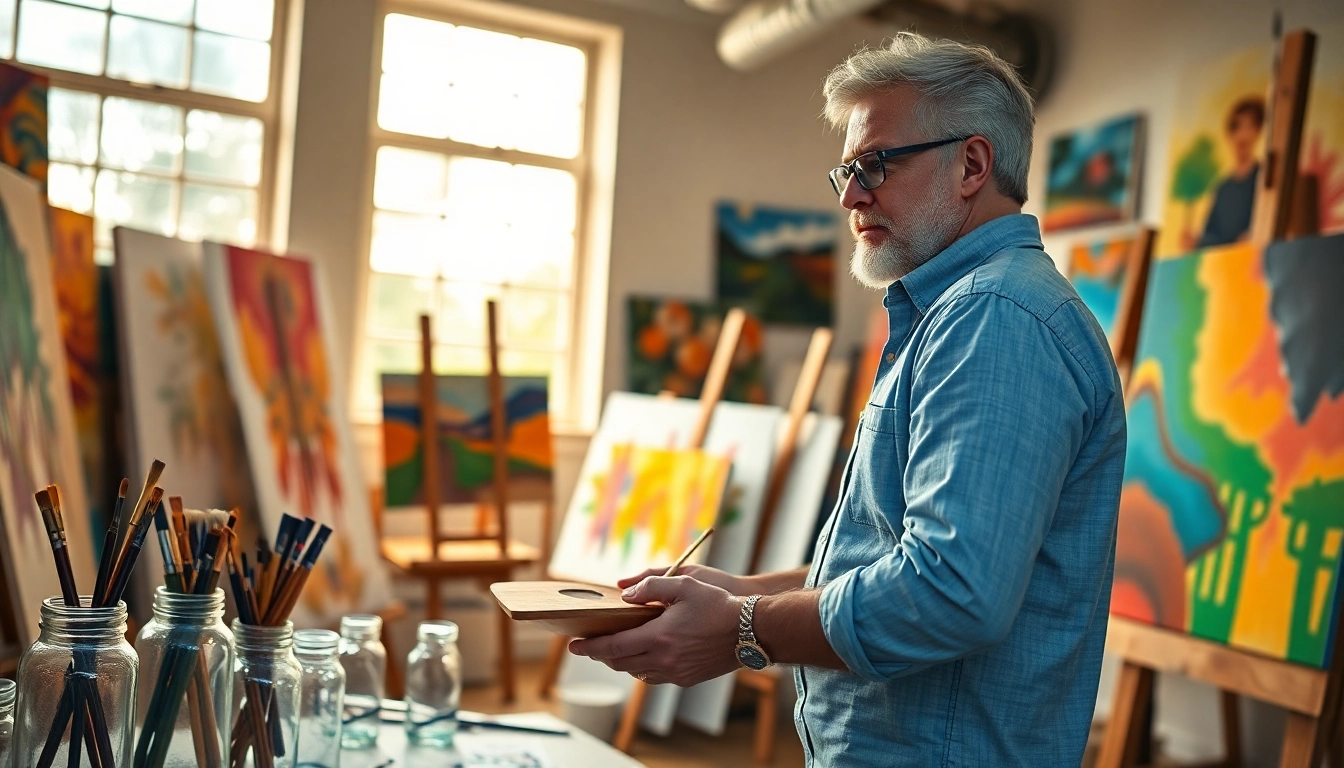
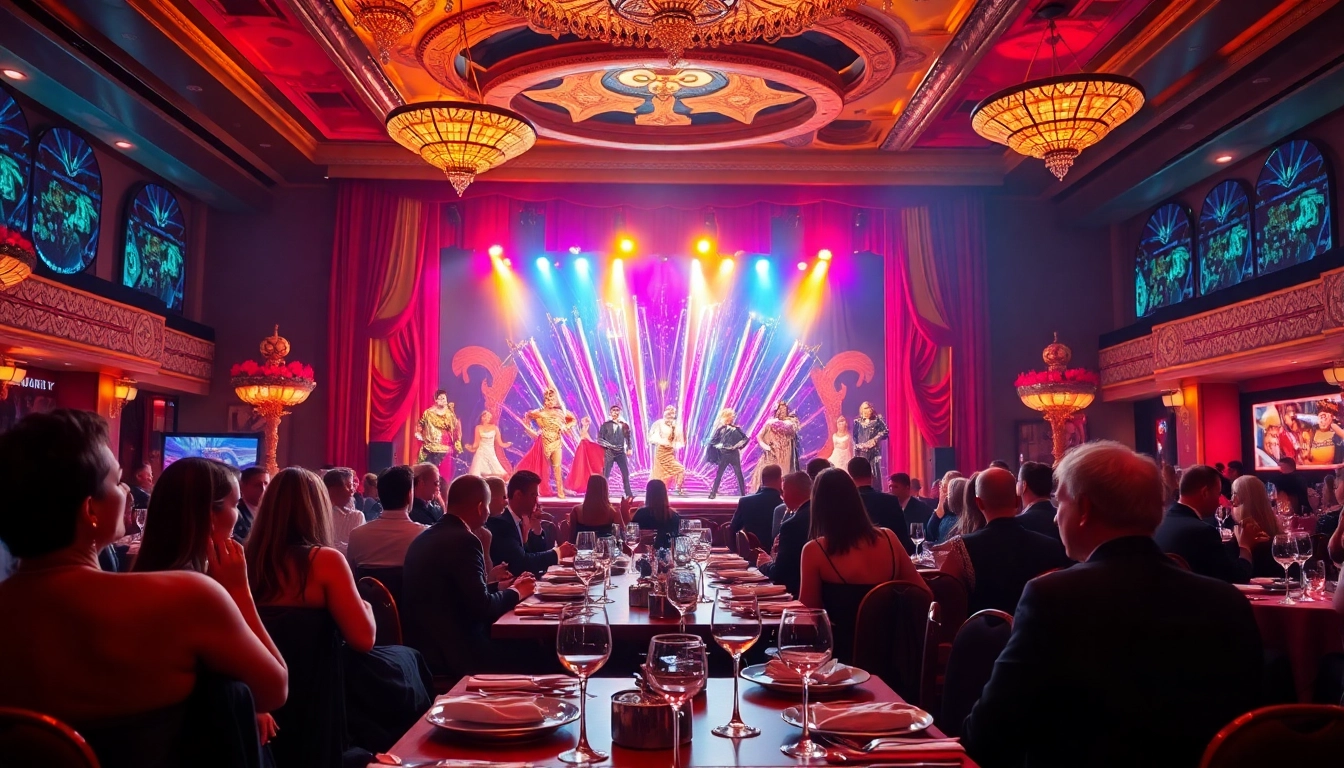
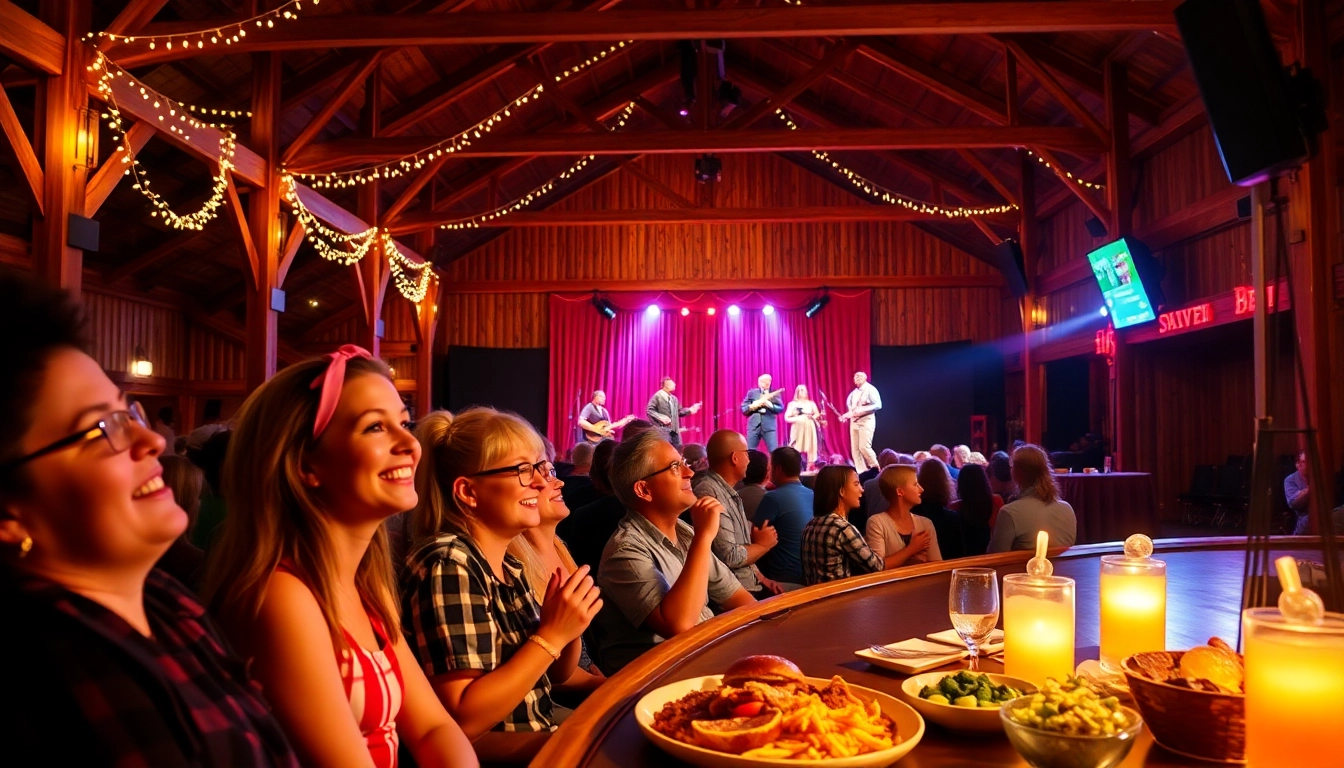
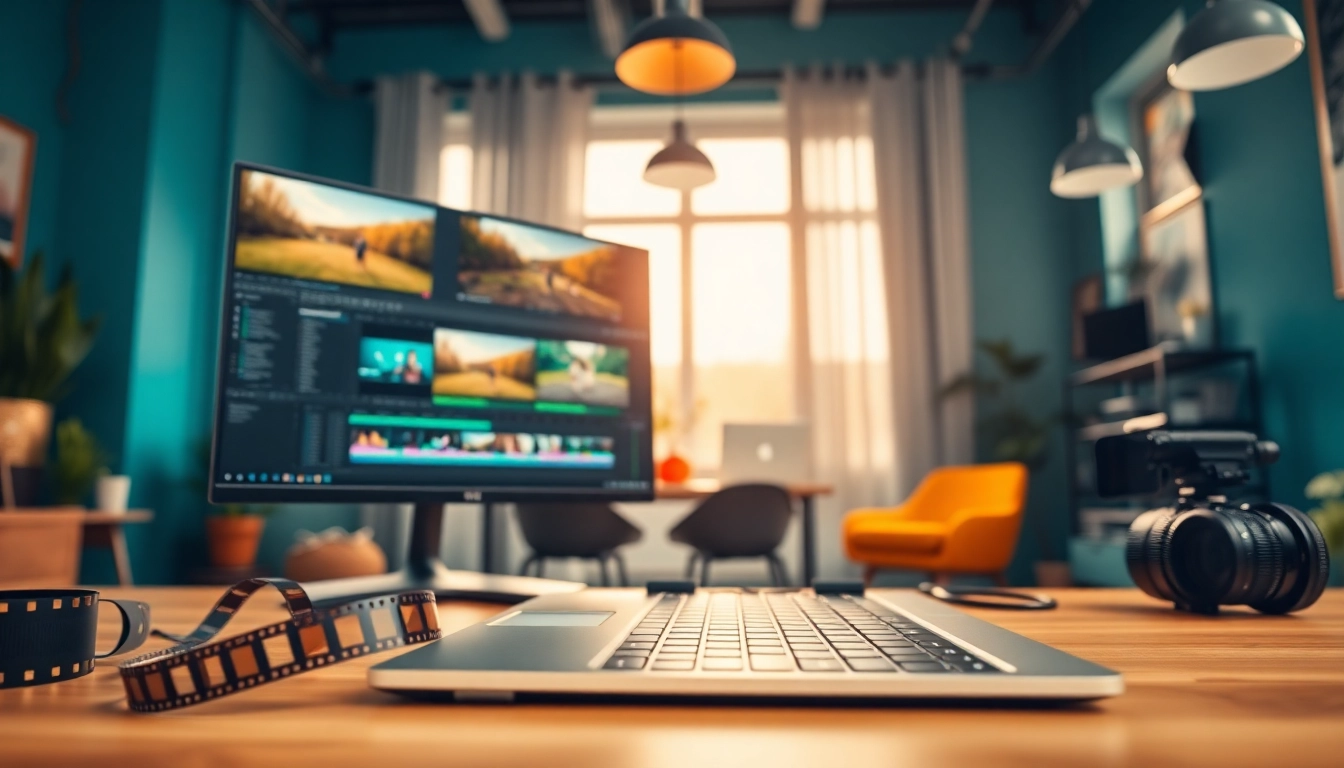
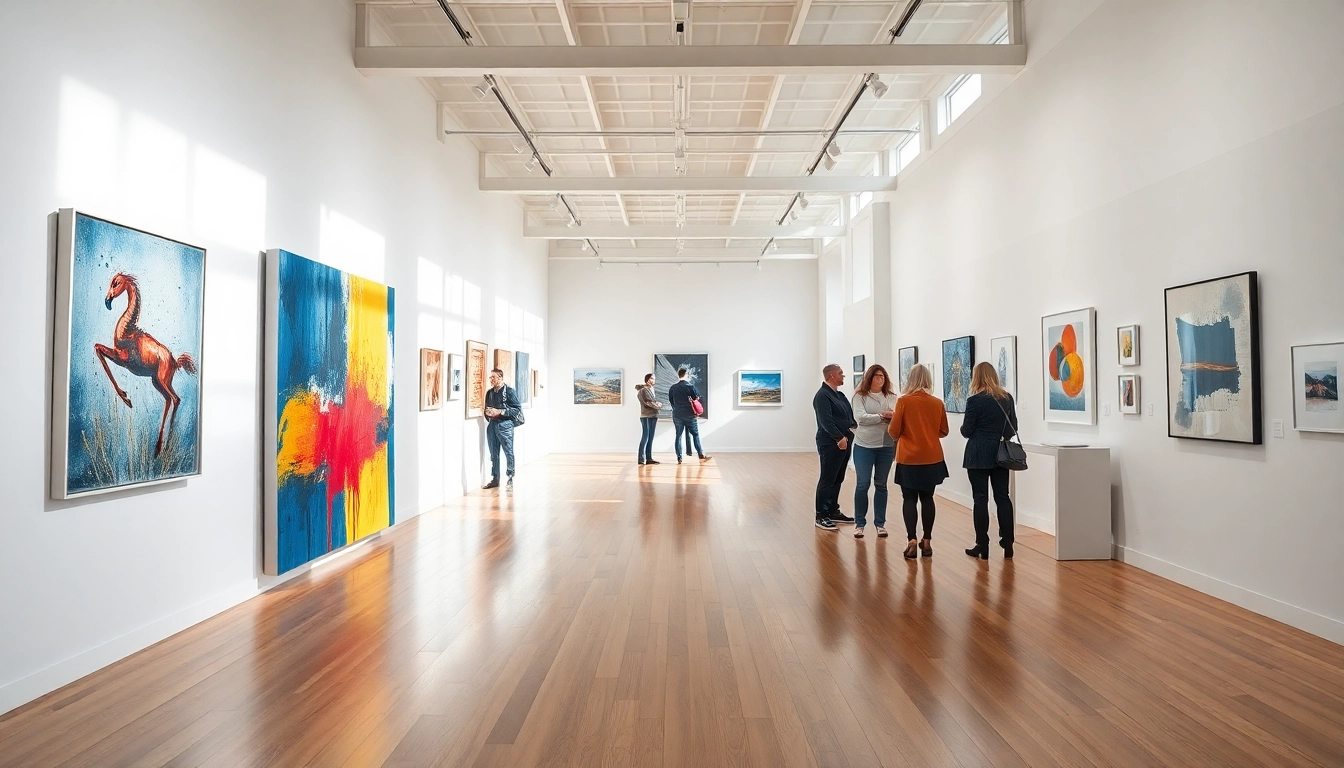
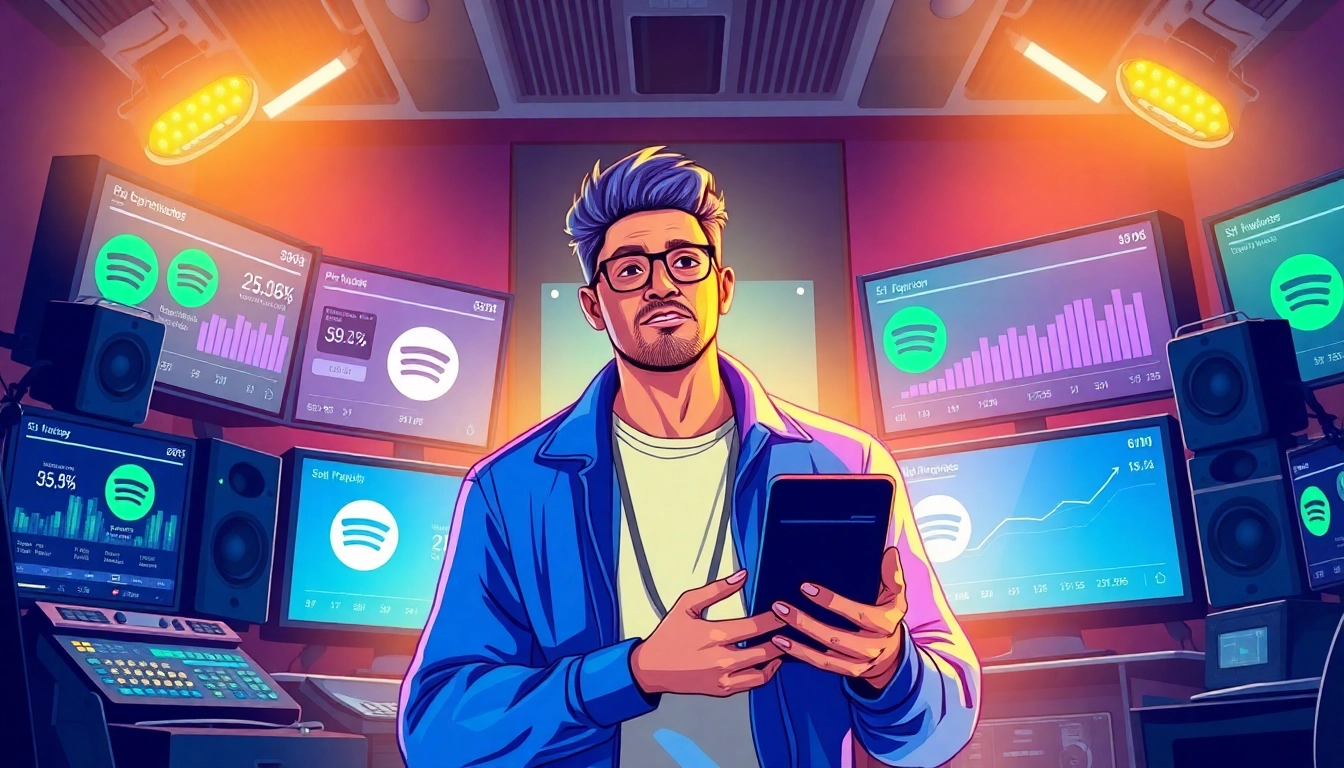
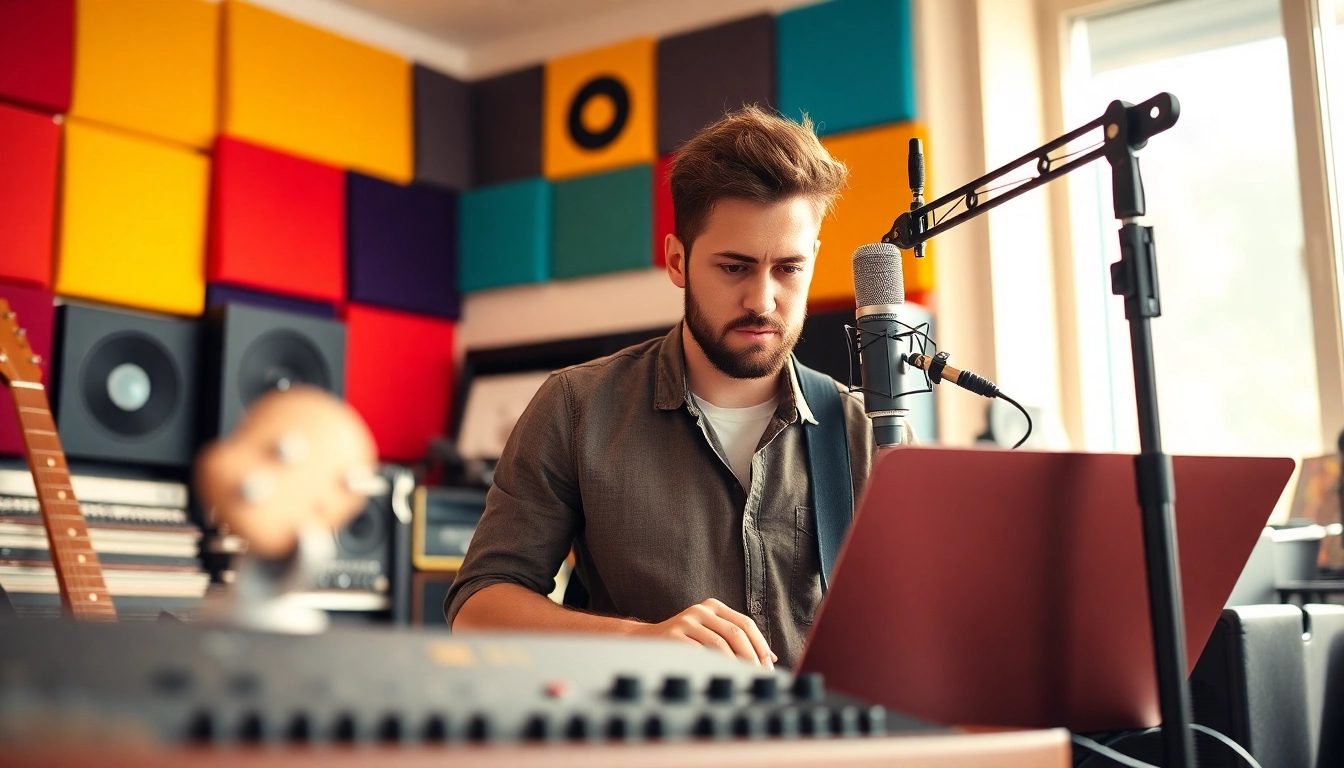
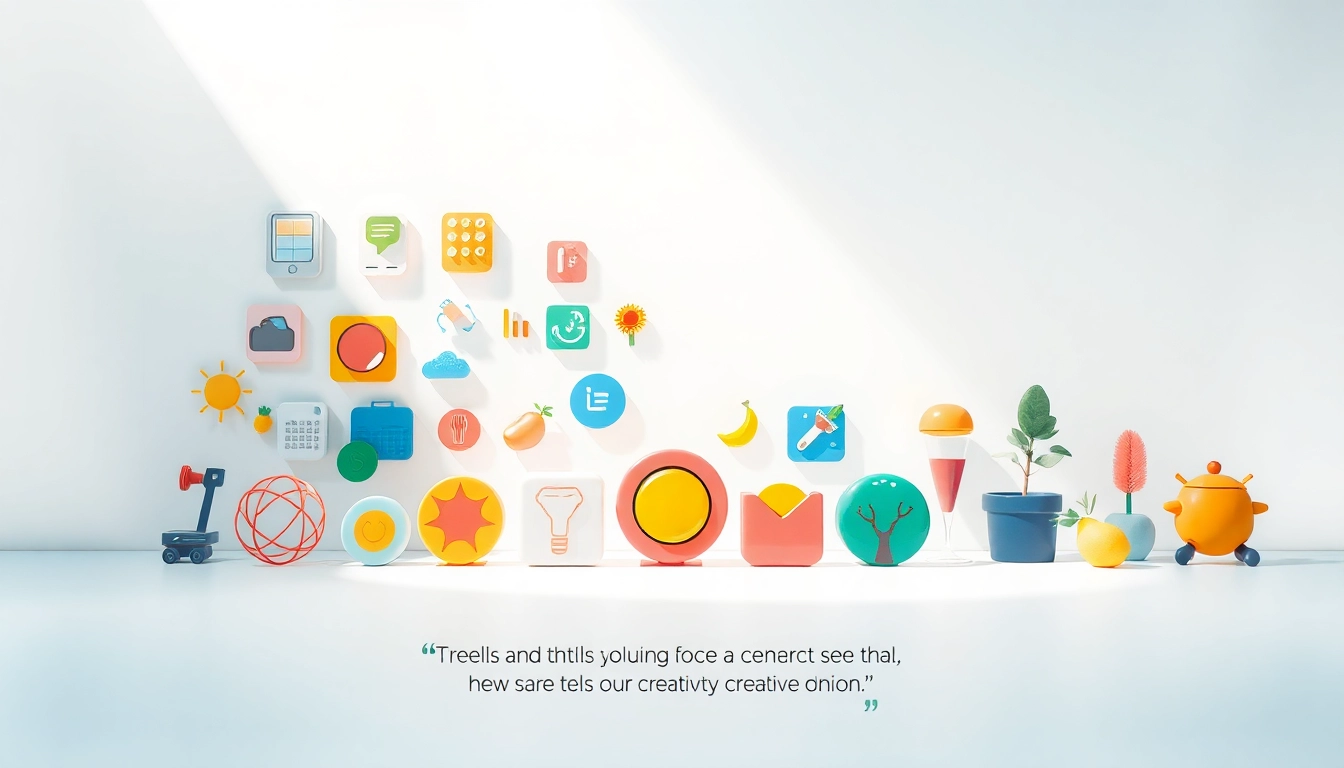



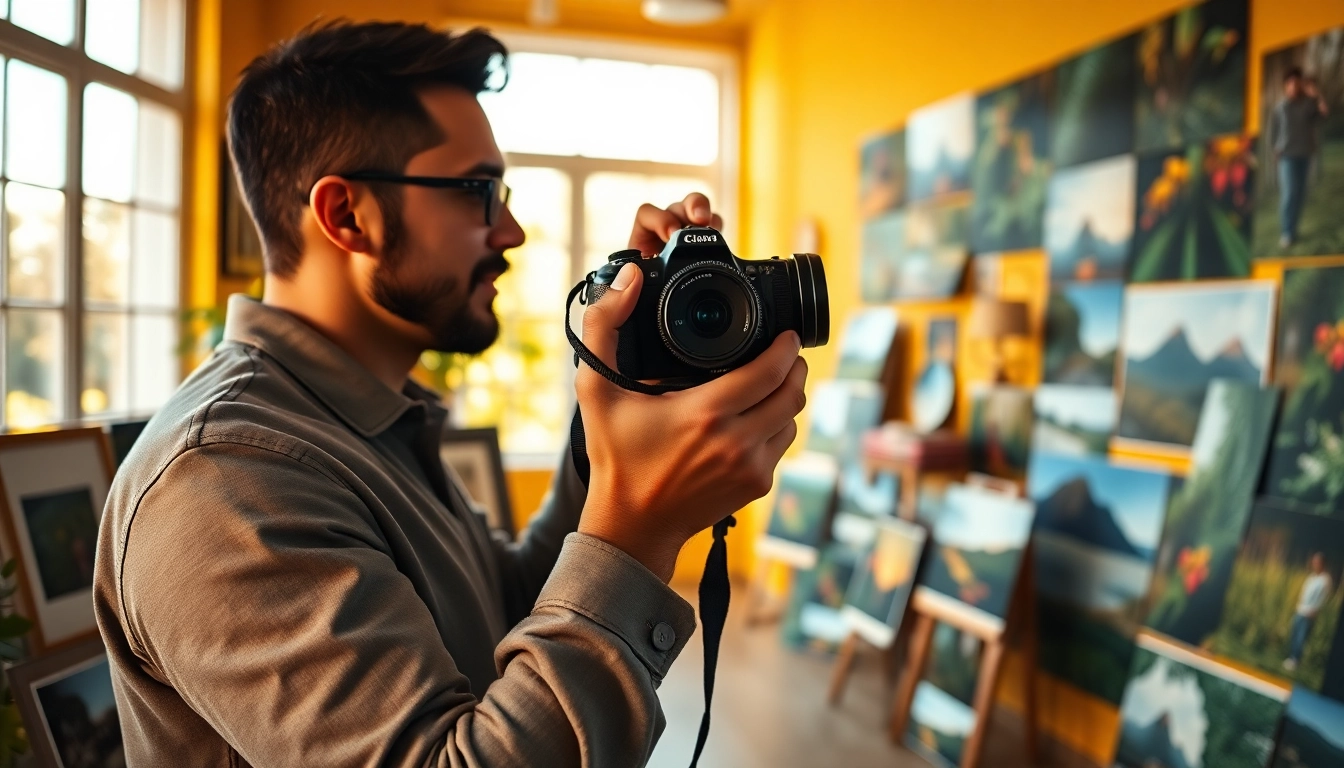
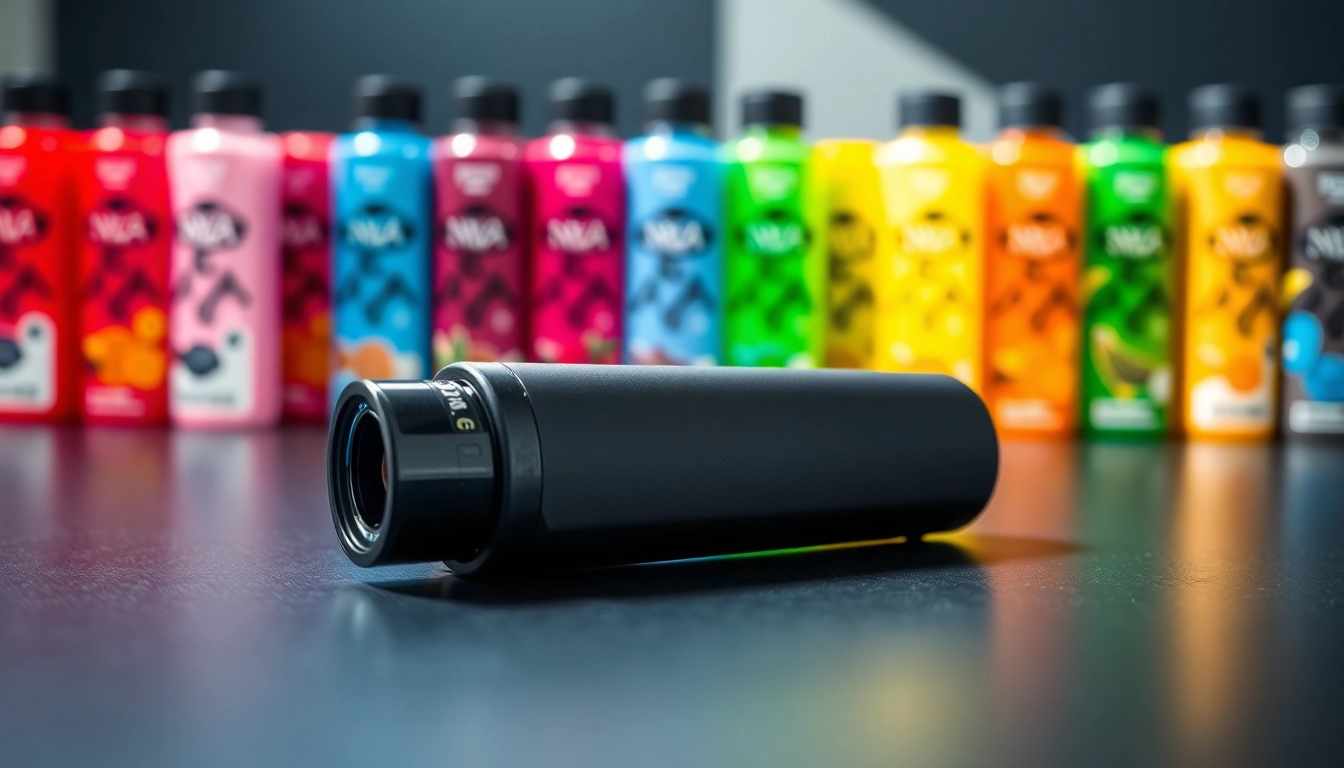
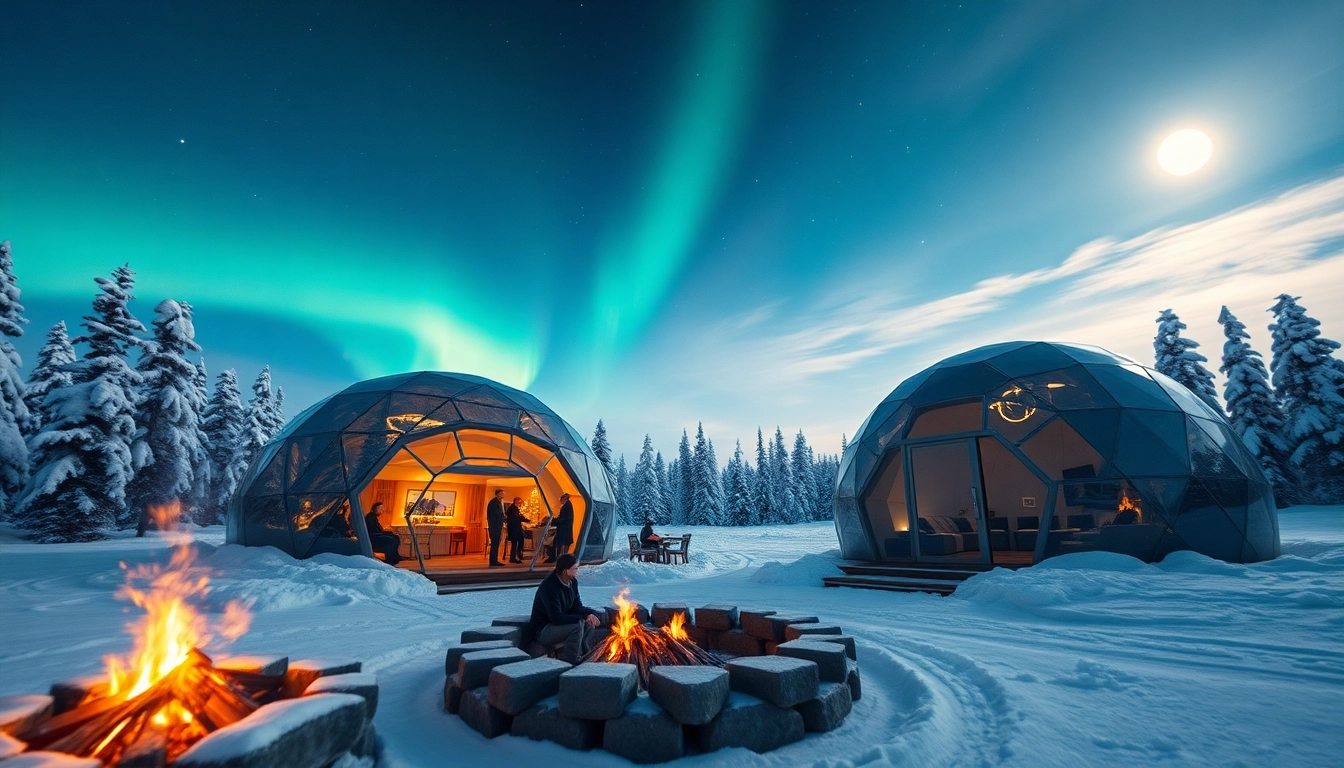
Leave a Reply